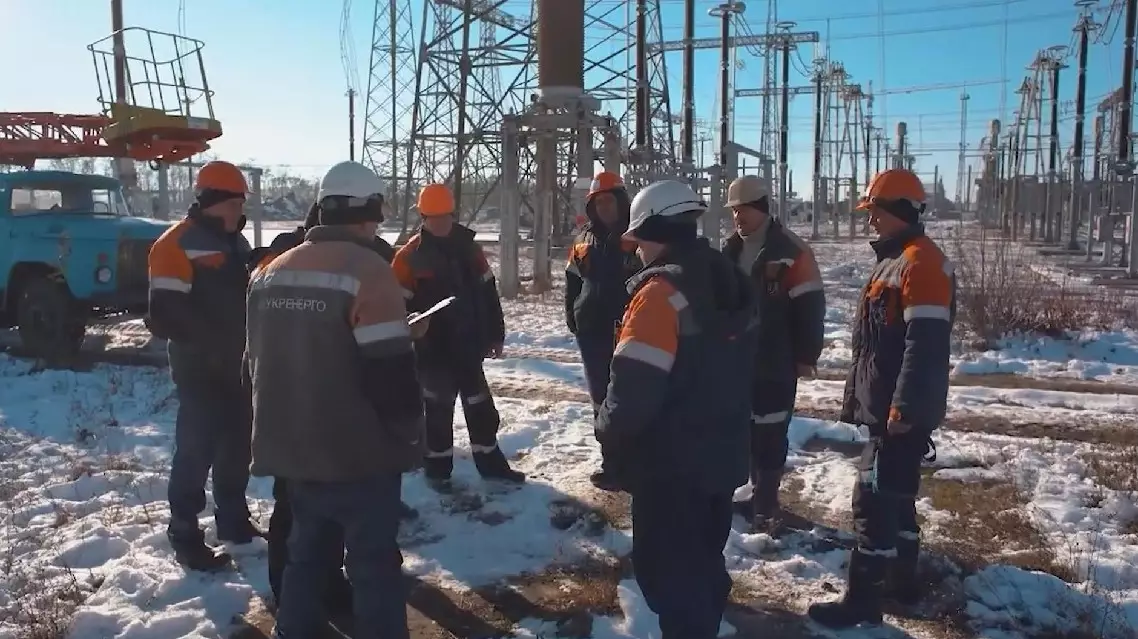Ukraine has rolled out schedules of emergency power outages due to a massive attack recently staged by Russia against its energy infrastructure, which has triggered deep power cuts across the country.
The massive Russian overnight attack on Ukraine was launched in response to Kiev's firing of U.S. ATACMS ballistic missiles at Russian territory, said Russian President Vladimir Putin at a summit of the Collective Security Treaty Organization in Kazakhstan on Thursday.
The Russian strike was the second this month to have targeted Ukraine's energy infrastructure.
According to official data, 12 strikes launched by Russia on Ukrainian targets were recorded. At present, 14 regions across Ukraine are going all out to deal with the tight electricity supply caused by the airstrikes.
Kiev, like the rest of the country, has re-established its emergency power outages.
Households in Kiev, even in the whole country, have been divided into six groups, with blackout schedules formulated for each of them.
On average, each group spends four to eight hours a day without electricity.
The blackout schedule for each group changes daily, so people usually plan their activities around the schedule. Many residents in Kiev now have adapted to power outages.
"Power outages do not affect me much, because I spend most of the day at the university. There is always electricity, power banks and generators. In principle, I can still stay for up to seven hours without electricity," said a resident in Kiev.
"Of course, I'm affected by blackouts. It destroys my mood. You have to adapt your life to these blackouts. It is important to know the hours when the electricity will be cut off. Now the blackouts are exactly right on schedule. But the schedules didn't work like this before. And it was impossible to know for sure whether there would be electricity or not. When you know exactly what's gonna happen, you can adjust your life," said another resident.
Enterprises in Ukraine, plagued by the emergency power outages, have to fire up their electric generators, which have increased operation cost and then pushed up prices.
"Power outages, of course, have a very negative impact on my business. Because these are additional costs for generator gasoline and gasoline transportation. And the generator doesn't work if the gasoline runs out. I have special equipment, and the meat may spoil without electricity, so it needs to be maintained at a certain temperature for roasting," said the owner of a grocery store.
Apart from airstrikes, weather conditions can affect schedules of power outage as well, as power demands typically climb when air temperatures drop during the winter months.
Over a million people have been left without power in Ukraine, after Russia launched a wave of attacks on the country's energy infrastructure.

Kiev rolls out power outage schedules after Russia's attack on Ukraine's energy infrastructure









